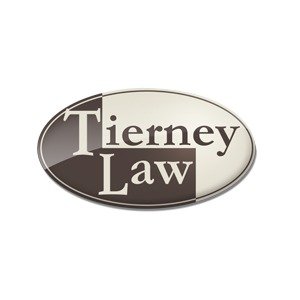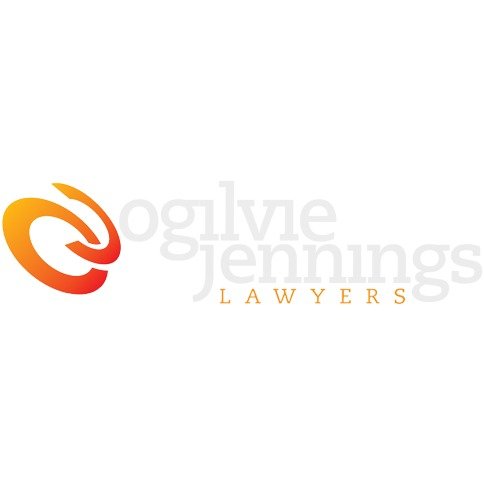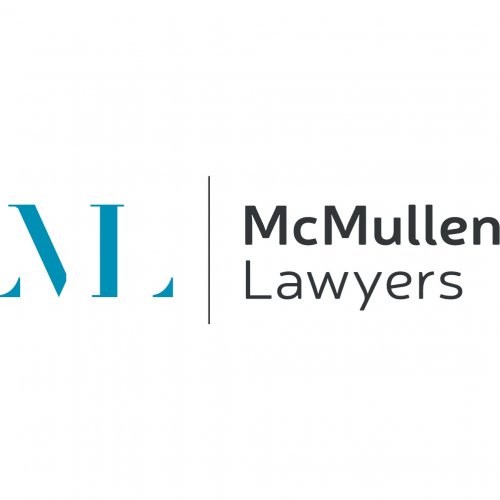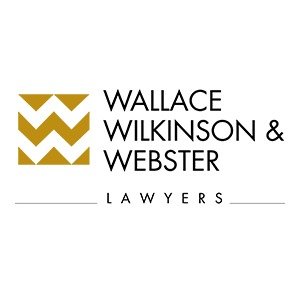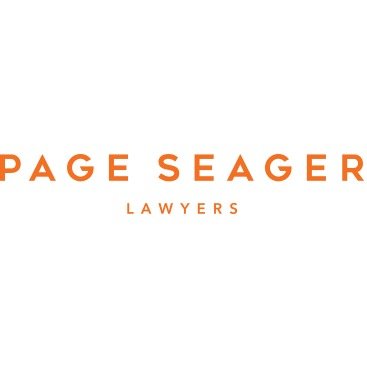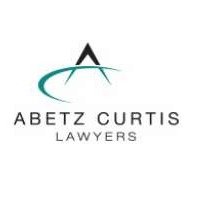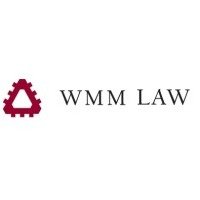Best Nonprofit & Charitable Organizations Lawyers in Hobart
Share your needs with us, get contacted by law firms.
Free. Takes 2 min.
List of the best lawyers in Hobart, Australia
About Nonprofit & Charitable Organizations Law in Hobart, Australia
Nonprofit and charitable organizations in Hobart, Australia, play a crucial role in addressing various social, cultural, environmental, and community needs. These organizations operate under a set of legal frameworks that ensure their activities are conducted ethically, transparently, and in alignment with their stated missions. The Nonprofit and Charitable sector in Hobart is integral to fostering community development and support, making legal knowledge in this field essential for anyone involved in managing or participating in such organizations.
Why You May Need a Lawyer
There are numerous scenarios in which individuals or organizations may require legal assistance in the nonprofit and charitable sector:
- Establishing a new nonprofit or charity, including incorporation and registration requirements.
- Ensuring compliance with the Australian Charities and Not-for-profits Commission (ACNC) regulations.
- Navigating complex tax laws specific to charities and obtaining deductible gift recipient (DGR) status.
- Reviewing and drafting contracts, such as service agreements with government bodies or partnerships with private entities.
- Addressing governance issues, including conflict resolution within boards or management teams.
- Managing risk and liability exposures, including occupational health and safety or insurance matters.
- Handling fundraising regulations and compliance with the Australian Consumer Law (ACL).
- Updating organizational structures or purposes, including mergers or major changes in activities.
- Engaging in advocacy or political activities and understanding associated legal implications.
- Dealing with disputes involving donors, beneficiaries, employees, or volunteers.
Local Laws Overview
Several key legal aspects govern nonprofit and charitable organizations in Hobart, Tasmania, and Australia more broadly:
- The Australian Charities and Not-for-profits Commission Act 2012 sets national standards for the registration and regulation of organizations.
- The Taxation Administration Act 1997 (Tas), among other tax laws, affects the tax obligations and benefits available to nonprofits.
- The Associations Incorporation Act 1964 governs the registration and regulation of incorporated associations in Tasmania.
- The Australian Consumer Law (ACL) mandates compliance regarding fundraising, consumer protection, and marketing practices.
- The Fair Work Act 2009 outlines employment laws that nonprofit employers must adhere to, including volunteer rights.
- Privacy laws, including the Privacy Act 1988, dictate how organizations manage and protect personal information.
Frequently Asked Questions
1. What is the first step to starting a nonprofit in Hobart?
The initial step involves defining your purpose and ensuring it meets the legal requirements. Draft a constitution or set of rules, and decide on a suitable legal structure, such as an incorporated association or company limited by guarantee.
2. Do we need to register our charity with the ACNC?
Yes, national registration with the ACNC is required for charitable status in Australia, and it can confer benefits like tax concessions.
3. What is Deductible Gift Recipient (DGR) status?
DGR status allows donors to your organization to claim tax deductions for their donations. It requires specific eligibility and approval from the Australian Taxation Office (ATO).
4. How can we ensure compliance with local fundraising laws?
Understanding the Tasmanian fundraising laws, having clear policies, and following licensing requirements if necessary, can ensure compliance.
5. Are there mandatory reporting requirements for nonprofits?
Organizations registered with the ACNC must fulfill annual reporting requirements, including submitting an Annual Information Statement and financial reports.
6. What should be included in our organization's constitution?
Your constitution should outline the charitable purpose, governance structures, membership rules, meeting procedures, and dispute resolution processes.
7. Can a nonprofit engage in political lobbying?
Yes, but it must be related to the organization's charitable purposes. Activities should comply with legal restrictions on political advocacy for nonprofits.
8. How do we protect our nonprofit from liability?
Implementing risk management practices, obtaining appropriate insurance, and following legal obligations can minimize liability risks.
9. What are the privacy obligations for nonprofits?
Nonprofits must comply with the Privacy Act, ensuring they protect and manage personal data responsibly, including having a privacy policy.
10. How can we engage volunteers legally?
Comply with the Fair Work Act and other relevant legislation by providing clear volunteer agreements and addressing safety and workplace conditions.
Additional Resources
For further guidance on legal matters related to nonprofit and charitable organizations, consider these resources:
- Australian Charities and Not-for-profits Commission (ACNC)
- Department of Justice Tasmania
- The Australian Taxation Office (ATO) for tax-related inquiries
- The Tasmanian Council of Social Service (TasCOSS) for support and networking
- Justice Connect's Not-for-profit Law for legal information
Next Steps
If you need legal assistance with nonprofit and charitable organizations in Hobart, the best course is to consult with a lawyer specializing in this field. Start by identifying the specific legal areas where you require help. Gather all relevant documents and information about your organization and consider reaching out to specialized legal services or consulting with Justice Connect or local law firms with experience in nonprofit law. Taking prompt, informed action will ensure your organization's compliance and optimal functioning.
Lawzana helps you find the best lawyers and law firms in Hobart through a curated and pre-screened list of qualified legal professionals. Our platform offers rankings and detailed profiles of attorneys and law firms, allowing you to compare based on practice areas, including Nonprofit & Charitable Organizations, experience, and client feedback.
Each profile includes a description of the firm's areas of practice, client reviews, team members and partners, year of establishment, spoken languages, office locations, contact information, social media presence, and any published articles or resources. Most firms on our platform speak English and are experienced in both local and international legal matters.
Get a quote from top-rated law firms in Hobart, Australia — quickly, securely, and without unnecessary hassle.
Disclaimer:
The information provided on this page is for general informational purposes only and does not constitute legal advice. While we strive to ensure the accuracy and relevance of the content, legal information may change over time, and interpretations of the law can vary. You should always consult with a qualified legal professional for advice specific to your situation.
We disclaim all liability for actions taken or not taken based on the content of this page. If you believe any information is incorrect or outdated, please contact us, and we will review and update it where appropriate.



